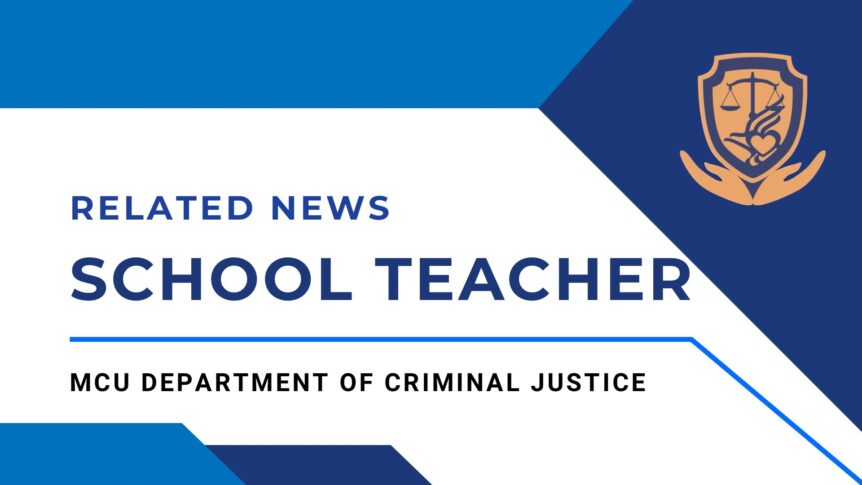The police’s indiscriminate investigation of personal information has seriously damaged the image and prestige.
2024-09-18 01:16 United Daily News/reporter LI,I-HSIN, LI,LUNG-KUEI and CHEN,CHIN-SUNG /Taibei report.
Police officers frequently investigate people’s personal data, from curiosity and prying into privacy to selling them to credit reporting agencies, debt collection groups and used car dealers, and even colluding with fraud groups, which severely damages the image of the police and the prestige of law enforcement. Since June last year, the Police Department has carried out special project audit. Due to the serious situation of indiscriminate investigation, the special project has been extended to the end of this year, and all illegal activities involved will be punished and sent to the office.
The director’s personal information was investigated.
What is the inquiry volume of police personnel? According to the police department, in July this year alone, there were more than 42.49 million inquiries from police agencies across the country, but “anyone who walks by will leave traces” and will try their best to find out the police who are lucky or can’t help but be lured by criminal groups.
There has been a long-standing problem for police officers to check personal assets indiscriminately. More than 20 years ago, when domestic carjacking and ransom syndicates were rampant, some police officers accessed the phone number of the owner’s personal assets for ransom. The police began to pay attention to the protection of personal assets and gradually established an audit mechanism in 2003. In 2009, WU,YU-SHENG, then a legislator, broke the extramarital affair, and more than 70 police officers randomly investigated the information of the gossip heroine; In 2011, the Director-General of National Police Agency, WANG,CHO-CHUN, was also inquired by the police, which once aroused the concern of the national security unit.
In 2012, the police department offered strict investigation and severe punishment to prevent blocking, and the information room and the household registration section set up an audit team to conduct irregular national audits; Over the years, the phenomenon of police indiscriminate investigation of assets is still frequent, and the situation of curiosity, snooping, helping, accepting bribes and selling remains the same.
YEH,YU-HSIN, the former director of Ningxia Road Police Station of Taipei Datong Police Branch, was involved in taking bribes and colluding with the leader of a fraud group, Landao, and assisting in the investigation of personal assets. The fraud group abused three people and defrauded 400 million yuan. The criminal act was called the “Taiwan version of Cambodia” incident. Ye was recently sentenced to 14 years and August for corruption and other crimes. Luo Jinda, a police officer of the Jianguo Police Station of Zhongshan Branch, was involved in selling a subsidy fraud group and forging the will of the elderly living alone to defraud hundreds of millions of yuan of inheritance and was taken into custody; In Kaohsiung and New Taipei, police officers found money to sell to second-hand car dealers, and in Hsinchu County, police officers found money to collect debts from gangs. A township head in Pingtung was photographed and blackmailed by a credit information agency, and it was found out that seven police officers in Kaohsiung had accepted bribes and leaked money.
According to the statistics of the National Police Agency, in the past three years, the police have seized more than 20 non-official inquiries about personal funds every month. The inquiry channels include M-Police (police mobile computer), criminal record information system, vehicle registration information system and household registration information system. In addition to system testing, the most cases are curious inquiries about celebrities, colleagues and friends, and there are also collusion and fraud.
Scholars urge the classification of access rights
Due to the frequent incidents of indiscriminate investigation, the National Police Agency conducted a special audit from May 2021 to December the year before last, and again in June last year. The audit was originally scheduled to last December, but it was extended to June and December this year. During this period, all personal information found in non-official inquiries was recorded once, and the leaker recorded it twice, and the supervisor was investigated for assessment and supervision responsibility.
The Police Department will also add a “system comparison during off-duty hours”, which will be combined with the electronic system of duty desk books to compare whether the police are still inquiring after work hours, and it is expected to be completed as soon as next year.
Wang, Po-Chi, an associate professor in the Department of Criminal Justice of Ming Chuan University, said that police officers are still lucky enough to inquire about the leakage of personal information to illegal groups knowing that the unit will audit. The main reason is that “there is a brave man under the reward”. It is suggested that the police strengthen the classification of access rights, open different rights according to the nature of different logistics services, and punish and send them to the office immediately if they find leaks, and strengthen the investigation of illegal groups. In addition, the head of the police unit should also pay more attention to the police, grasp whether there is a precursor of “being trapped by money” as soon as possible, and avoid the police being involved in the law.

